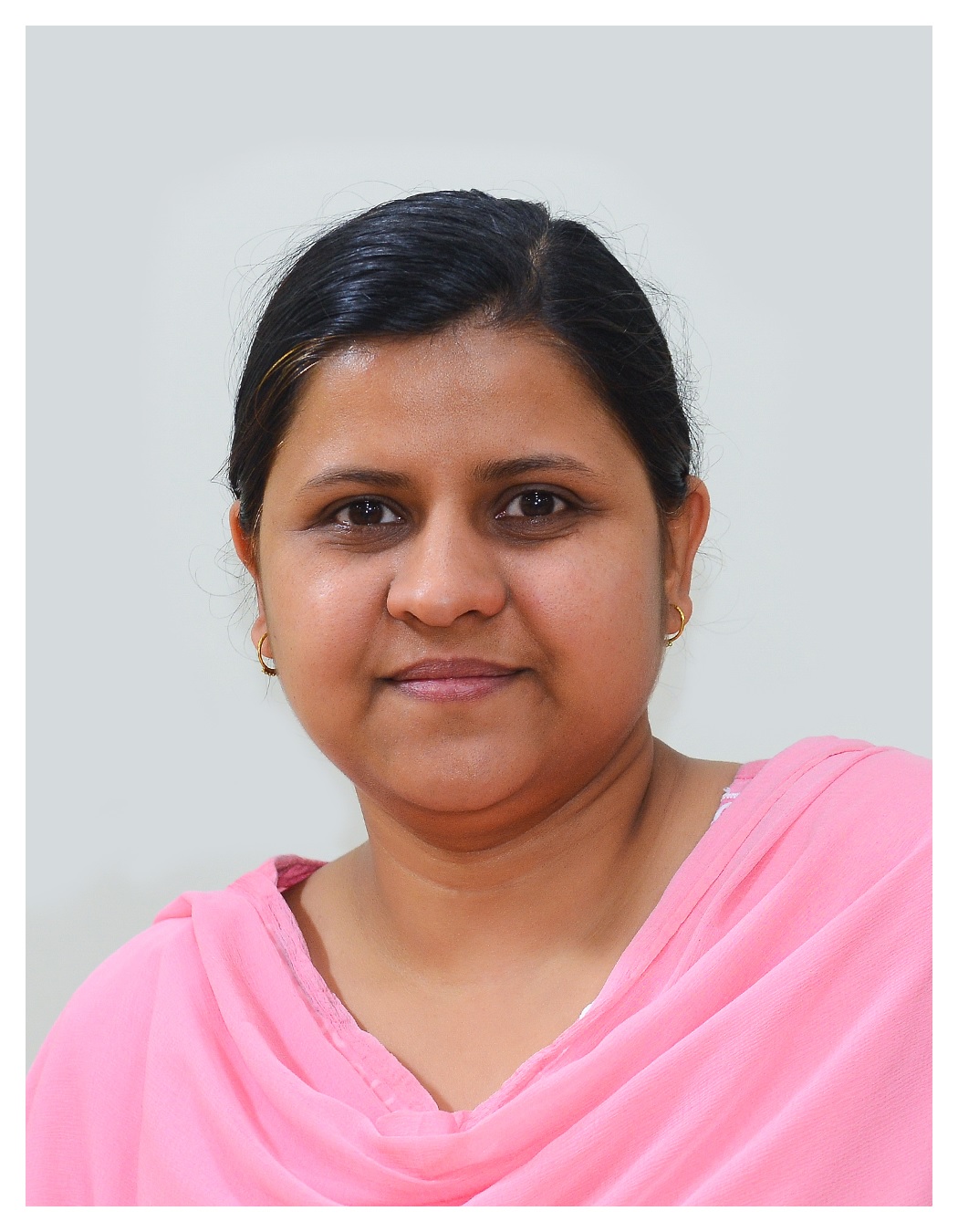Around 75% of chemical manufacturing processes involve small solid particles at some point. Proper design and handling of these fine particles often makes the difference between success and failure of the product. Many products such as catalysts, pigments, fertilizers, cements, ceramics and pharmaceuticals are currently manufactured in particulate forms. Unit Operations of Particulate Matter deal with Science and Technology of solid material, which is a multidisciplinary field including Materials Science, Environmental, Biomedical, Aerospace, Agricultural, Chemistry, Microbiology and Cell Science, Pharmacy and Medicine. The primary objectives of this course is to
• identify the important physical mechanisms occurring in processes involving particles
• formulate and solve mathematical descriptions of such processes
• apply this knowledge to the design of particulate systems such as Sedimentation tank, Filtration unit, Fluidization unit, Flotation cell, etc.
INTENDED AUDIENCE : It is a core course for Undergraduate students. However, this course will also be helpful for anyone of any professional level,
preferably holding a college degree or with substantial industrial experience, working in the production, handling, processing,
modification and transportation of particulate matter.
PRE-REQUISITES : NIL
INDUSTRY SUPPORT : Any chemical industry which deals with particulate matter.

DOWNLOAD APP
FOLLOW US